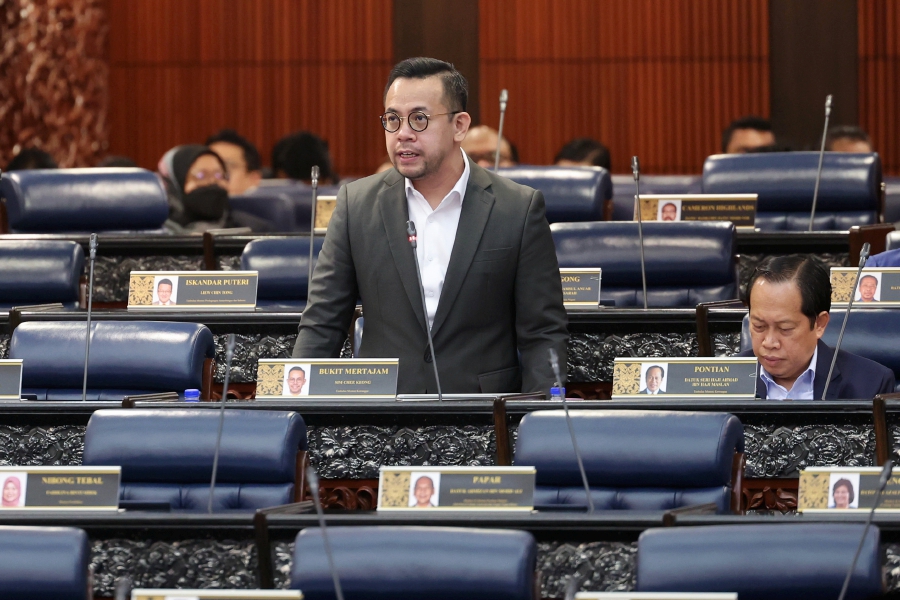KUALA LUMPUR: The collapse of Silicon Valley Bank (SVB) will have minimal and limited impact on banking institutions in Malaysia, the Dewan Rakyat heard today.
Deputy Finance Minister Steven Sim assured that the country's banking system remained competitive, resilient, and continued to perform its role as an effective financial intermediary.
"In terms of regulation, capitalisation and also liquidity management we have regulations that are quite strict.
"Period stress tests are also carried out on the banking systems to ensure that it is prepared to face all market pressures."
He said this in response to a supplementary question from Mohd Syahir Che Sulaiman (Pas-Bachok), who had asked the government's mitigation measures to deal with the impact of the SVB collapse on the banking sector and the domestic capital market, especially in the increase in overnight policy rate changes, and the weakening of ringgit and an increase in inflation.
Sim, who is also Bukit Mertajam member of Parliament, said in the aspect of currency, the Monetary Policy Committee (MPC) had autonomous power to manage the country's monetary policy, free from the Finance Ministry's intervention.
"In this aspect, any decision by MPC is based on the price stability in Malaysia and also sustainable economic growth.
"These mandates meant that consideration is not only given to the decision of the Federal Reserve, but also to the assessment of the domestic economic impact in our country," he added.
Yesterday, Economy Minister Rafizi Ramli had said he did not expect any direct impact on Malaysian companies arising from the collapse of SVB, as no Malaysian firm had deposited at SVB.
United States' regulators took control of SVB last Friday after a huge run on deposits left the bank – a key lender to startups across the US – unable to stay afloat on its own.
SVB had become the 16th largest US bank by assets, worth US$209 billion, and approximately US$175.4 billion in deposits by the end of 2022.





